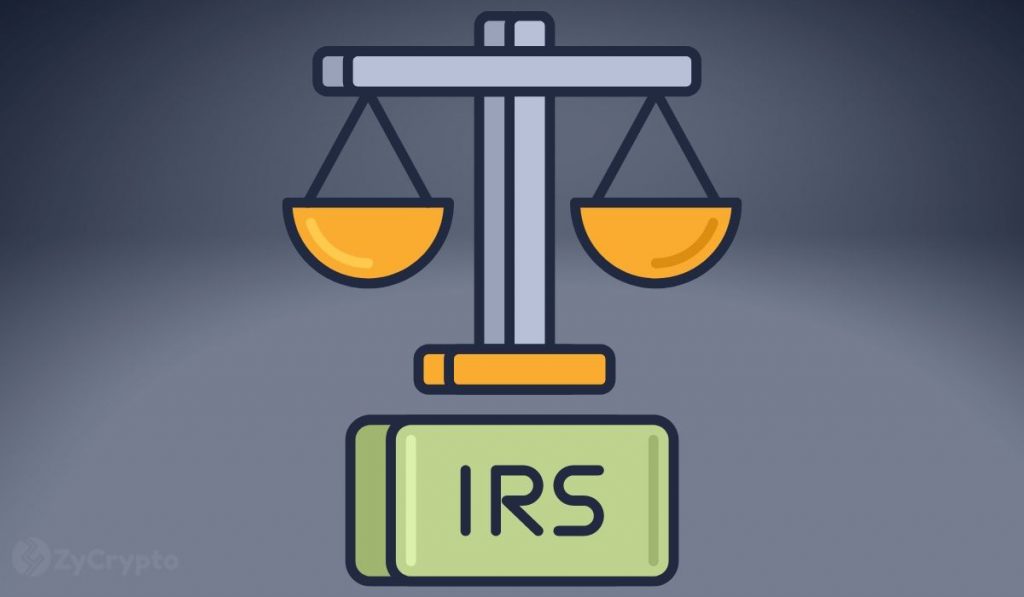- The IRS releases guides on how to report taxes using form 1040.
- People who purchased crypto with real currency and have been hodling are exempted.
- Cryptocurrency taxation has come underfire in recent months for its supposed lack of clarity.
The Internal Revenue Service (IRS) has provided guides to help people file their crypto tax returns. It comes after a lack of clarity in the previous phrasing of the question on tax reporting caused some confusion for taxpayers.
The First Question On Form 1040
“At any time during 2021, did you receive, sell, exchange, or otherwise dispose of any financial interest in any virtual currency?” This is the first question on form 1040 when you try to file your tax returns. CNBC’s Robert Frank joined CNBC’s Squawk on the Street to explain the criteria for answering that question.
Robert Frank noted that if the answer to the question was in the affirmative, individuals will be required to fill out a separate form and pay their tax. However, the analyst noted that people who had just purchased and held crypto felt obligated to answer in the affirmative. He said that this was so crypto purchased with real currency does not fall into the category of being received. Frank revealed that “If you just purchased cryptocurrency with real currency, not e-dollars, and you didn’t sell, you can actually answer no.”
Frank went on to reveal the criteria for answering in the affirmative. He noted that those who sold crypto in 2021, bought crypto, purchased digital assets like NFTs with their crypto, and received crypto from mining and staking of cryptocurrency had to answer in the affirmative. According to the analysis, all of these activities are taxable to the IRS.
Failure to report one’s crypto holdings is akin to tax fraud, according to the IRS. He said, “All these are taxable events in the eyes of the IRS and must be reported even if you don’t owe any taxes, failure to report your holdings can be seen as tax fraud.” Next year would see exchanges required to submit the holdings of all users of their market place which will make it difficult for people to evade taxes from crypto holdings. It is important to note that the initiative comes after taxpayers have found difficulty in the filing.
 
 
The Infrastructure Bill And Crypto Tax
If paying taxes was hard, it’s likely to get a little tougher for the over 20 million Americans who own cryptocurrencies. As if form 1040 was not enough, the bipartisan infrastructure law, which will take effect in 2024, requires even more tax reporting.
The controversial law extends Section 6050I of the tax code to require people to report the receipt of digital assets worth more than $10,000 to the IRS. Users would be required to report the name and SSN of the sender. A lot of worries have been raised about privacy infringement and the use of this data.
Due to the controversial nature of the law, several attempts have been made to try to refine its provisions. There are fears that the tax requirement and ambiguity in the definition of a broker may stifle innovation in blockchain technology in the US.


